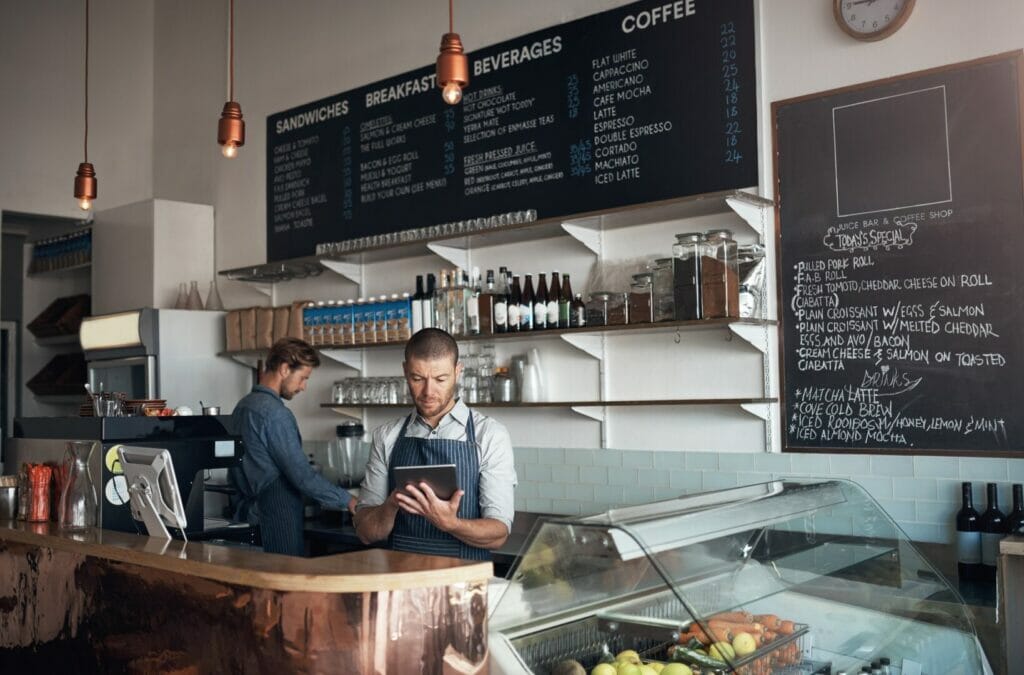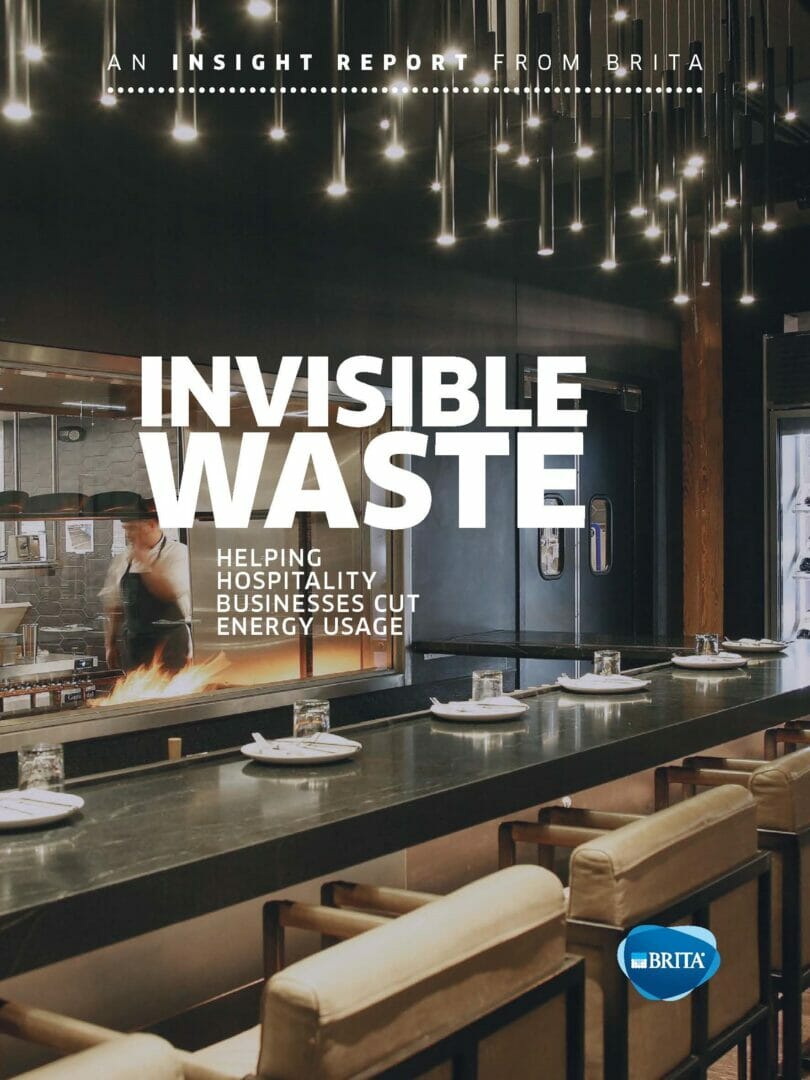New report reveals the ways in which operators can reduce their energy consumption
by targeting sources of invisible waste
- Over the next five years, two-thirds (66%) of businesses will actively be trying to reduce energy usage
- Perceived challenges to improving environmental impact for businesses include cost (66%), time (42%) and team resource (29%)
- Nearly 40% are looking to train their teams in sustainable practices in the workplace
With UK hospitality operators facing an unprecedented rise in the cost of goods and energy prices shooting up, 92% of decision makers are concerned, according to new research from BRITA UK. These results are revealed in a new report from the leading water filtration and dispenser brand and reveals the ways in which hospitality businesses can cut costs.
The sector’s energy concerns and desire to operate more sustainably add to the many plates its businesses are already spinning, with existing challenges including recruitment and retention issues, the rising cost and availability of raw materials and ingredients, and some areas of the UK continuing to see a reduced footfall.
Nearly three-quarters of decision makers (72%) say they have goals and targets in place to decrease their energy usage and overall environmental impact, yet 86% believe their business could be doing more to achieve this.
David Hall, Managing Director of BRITA UK, says:
“With hospitality operators feeling the pressure to improve their sustainability in an authentic way that avoids ‘greenwashing’ their processes, they cannot ignore the impact of the waste they produce on the environment.
“We’re all too aware of food and plastic waste, but what about the invisible waste that we cannot see, such as the volume of energy businesses consume each day and night unnecessarily? It’s vital that we collaborate with companies to tackle the sources of invisible waste together, and there are simple, energy-efficient steps that can be taken to contribute to real change.”

One of the major sources of invisible waste in hospitality is equipment being left on needlessly overnight, which is something 45% of decision makers admit to, despite 65% of them not knowing how much energy the equipment uses during this time.
Though some venues such as hotels operate 24/7, equipment including ovens, commercial washers, microwaves, and hobs are all examples given by decision makers of equipment left on unnecessarily overnight, with 25% letting these appliances go into standby mode. 18% say it is easier to just leave equipment on and, for one in 10 businesses, equipment remains on simply because there is no one responsible for turning it off.
To help operators combat the energy crisis, and learn simple, energy-efficient steps to reduce their energy consumption by identifying sources of invisible waste, BRITA has partnered with sustainability experts as part of its new Invisible Waste insights report.
As well as identifying which pieces of equipment can be safely turned off overnight to improve overall energy efficiency, the report is brimming with actionable tips and hints that can help streamline the process to better sustainability across the board.
Businesses should download the Invisible Waste report to ensure equipment isn’t draining energy.
For more information contact BRITA UK and discover all the ways it can support businesses on the journey toward better sustainable practices.
BRITA VIVREAU (water dispensers): 0345 674 9655, www.brita.co.uk/water-dispensers
BRITA Professional (water filtration systems): 01869 365 851, www.brita.co.uk/professional
Twitter: @BRITAPRO
LinkedIn: BRITA Group



